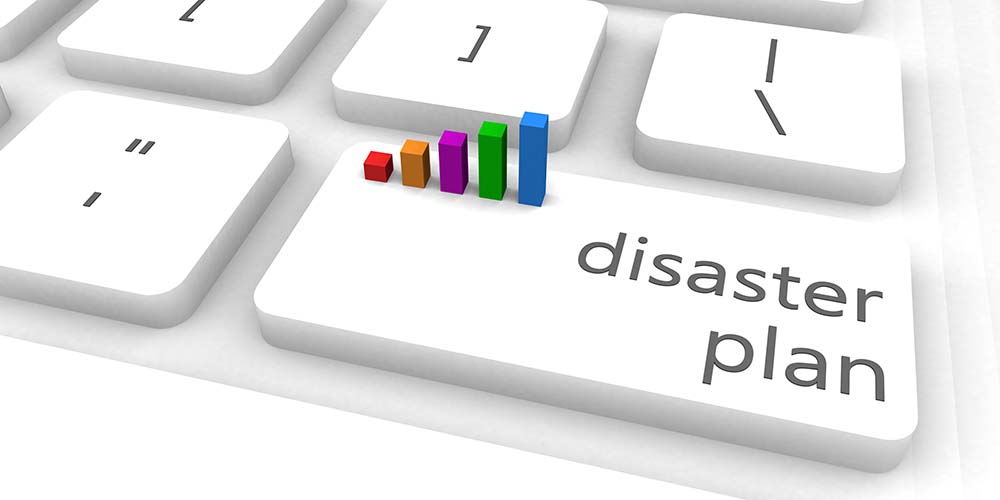The Atlantic Hurricane season begins June 1st and many of our clients are reaching out to us to see what they can do to be prepared.
Hurricanes, fires, floods, tornadoes, and other severe weather can cause damage to your home or business. Disasters can happen to anyone with little time to react. That’s why it is important to take appropriate measures before they happen.
How prepared are you or your business if a disaster strikes? The IRS encourages everyone to safeguard their records. Organizing and protecting your documents is vital for personal safety and peace of mind. Some simple steps can help taxpayers and businesses to protect financial and tax records.
How to protect your financial and tax records
The IRS suggests you take these steps to protect your documents.
- Take advantage of paperless record keeping for financial and tax documents by creating a backup set of records electronically. Scan paper copies for backup storage on electronic media such as an external drive or backed up in the cloud. Be sure that your online storage provider encrypts your data. Protect your files and folders by adding a password.
- Secure any paper documents inside water and fireproof containers. It’s also good practice to make copies and keep them in a secure and trusted location outside the area where your personal and business records are kept. When choosing a location to keep your backup records, remember that a disaster that strikes your home or business is also likely to affect a wide area.
Document your valuables and business equipment
The IRS provides disaster loss workbooks for individuals (Publication 584, Casualty, Disaster, and Theft Loss Workbook) and businesses (Publication 584-B, Business Casualty, Disaster, and Theft Loss Workbook) that can help you compile a room-by-room list of your belongings or business equipment. This will help you recall and prove the market value of items for insurance and casualty loss claims.
One option is to photograph or videotape the contents of your home and/or business, especially items of greater value.
Business Continuity Plan
Did you know that 40-60 percent of businesses disrupted by a disaster, without a continuity plan never reopen. What is business continuity? A Business Continuity Plan (BCP) is a business practice that provides guidelines to adopt in the event of an unexpected disruption. It outlines the procedures your business must follow in the face of disaster. Protect your business today by implementing a BCP to minimize your downtime and improve the likelihood that your business will recover by outlining the steps to be taken before, during and after a disaster.
Reconstructing Documents after an Emergency
Reconstructing records after a disaster may be required for tax purposes, getting federal assistance, or insurance reimbursement. Businesses who have lost some or all of their records during a disaster can visit the Internal Revenue Service’s Reconstructing Records webpage as one of their first steps. You can request a copy of a return and all attachments from the IRS by using Form 4506-T, Request for Transcript of Tax Return
You can count on us to help you to make sure that you are prepared for a disaster. Contact us at FWN Accounting if you’re not sure what to do.

